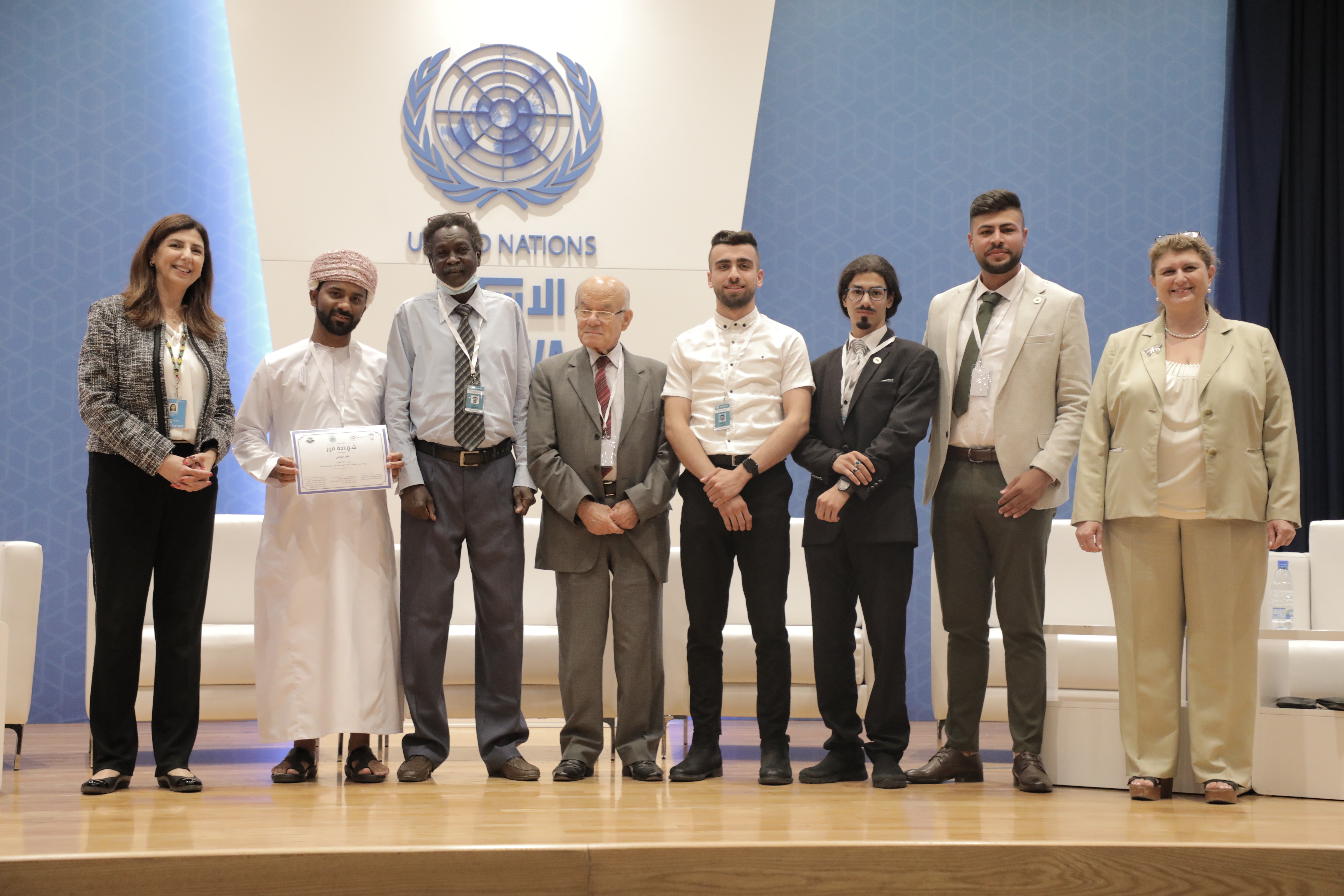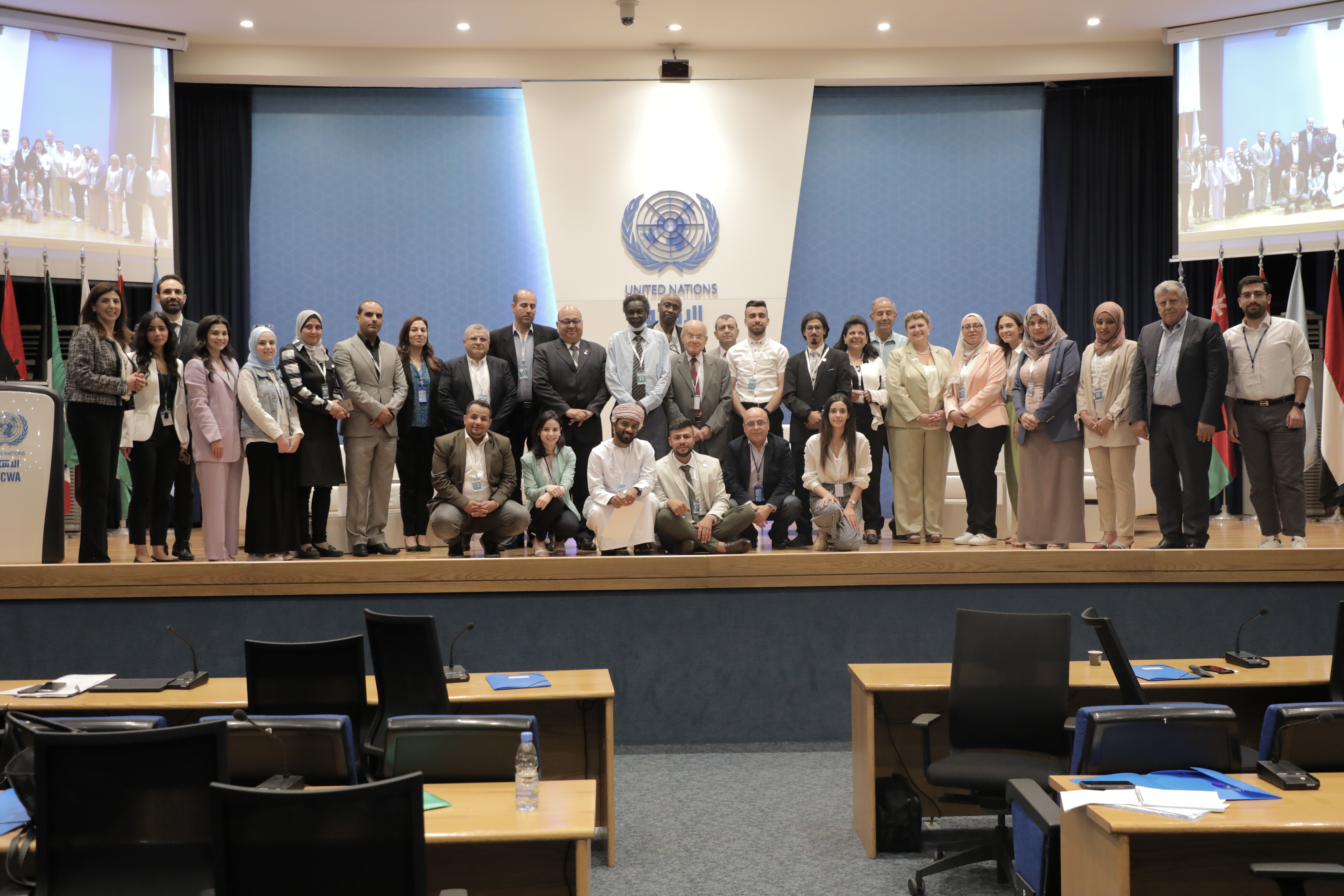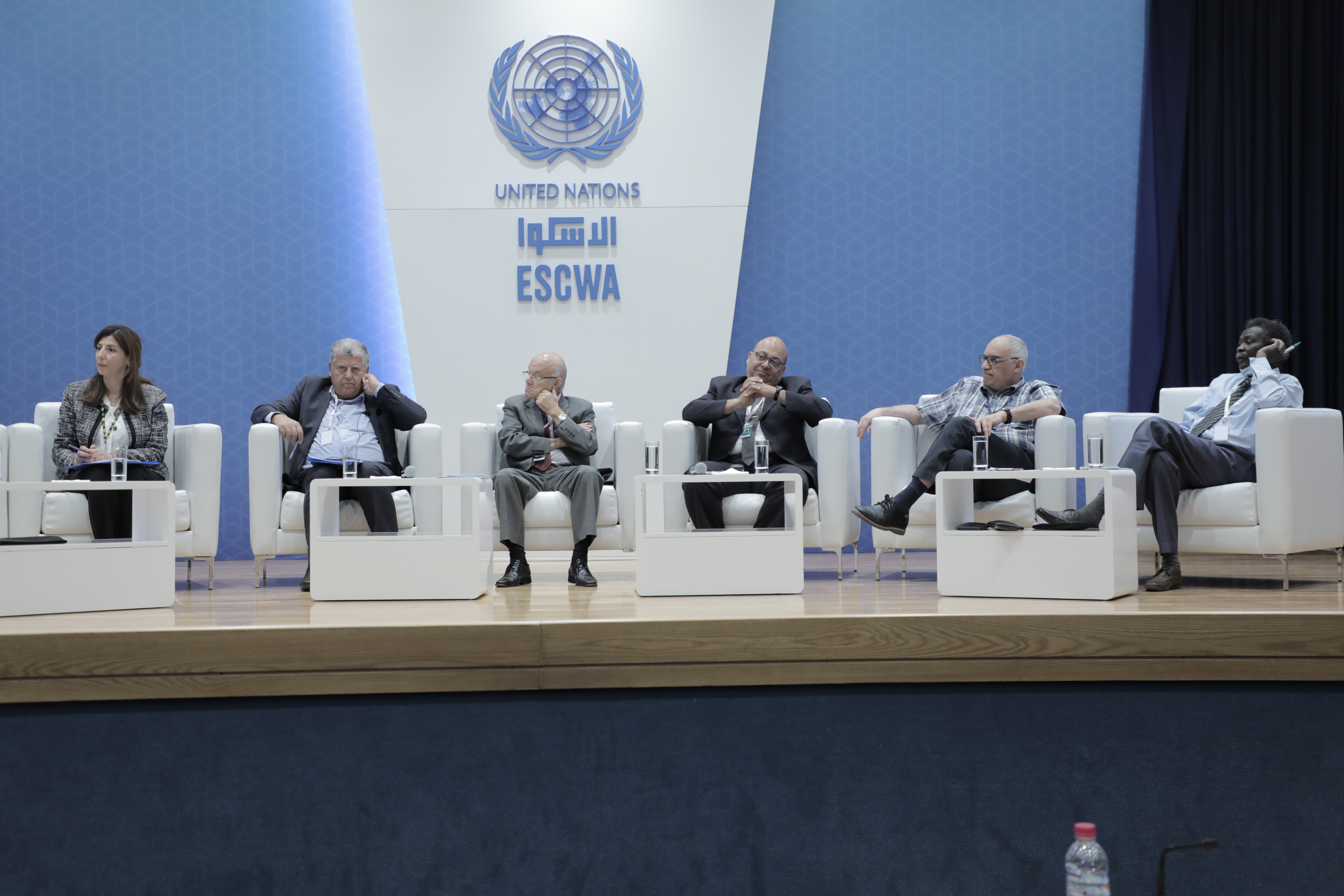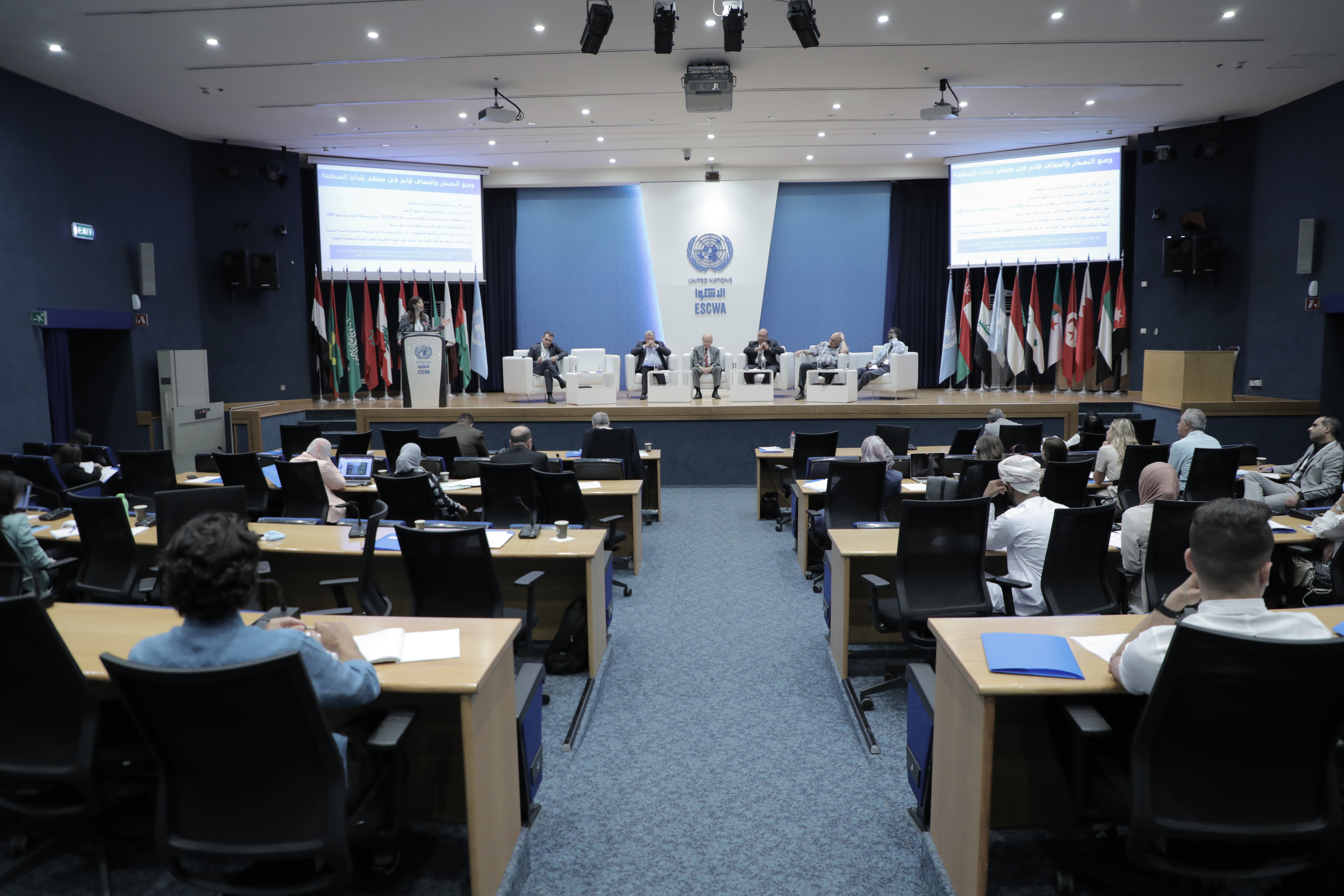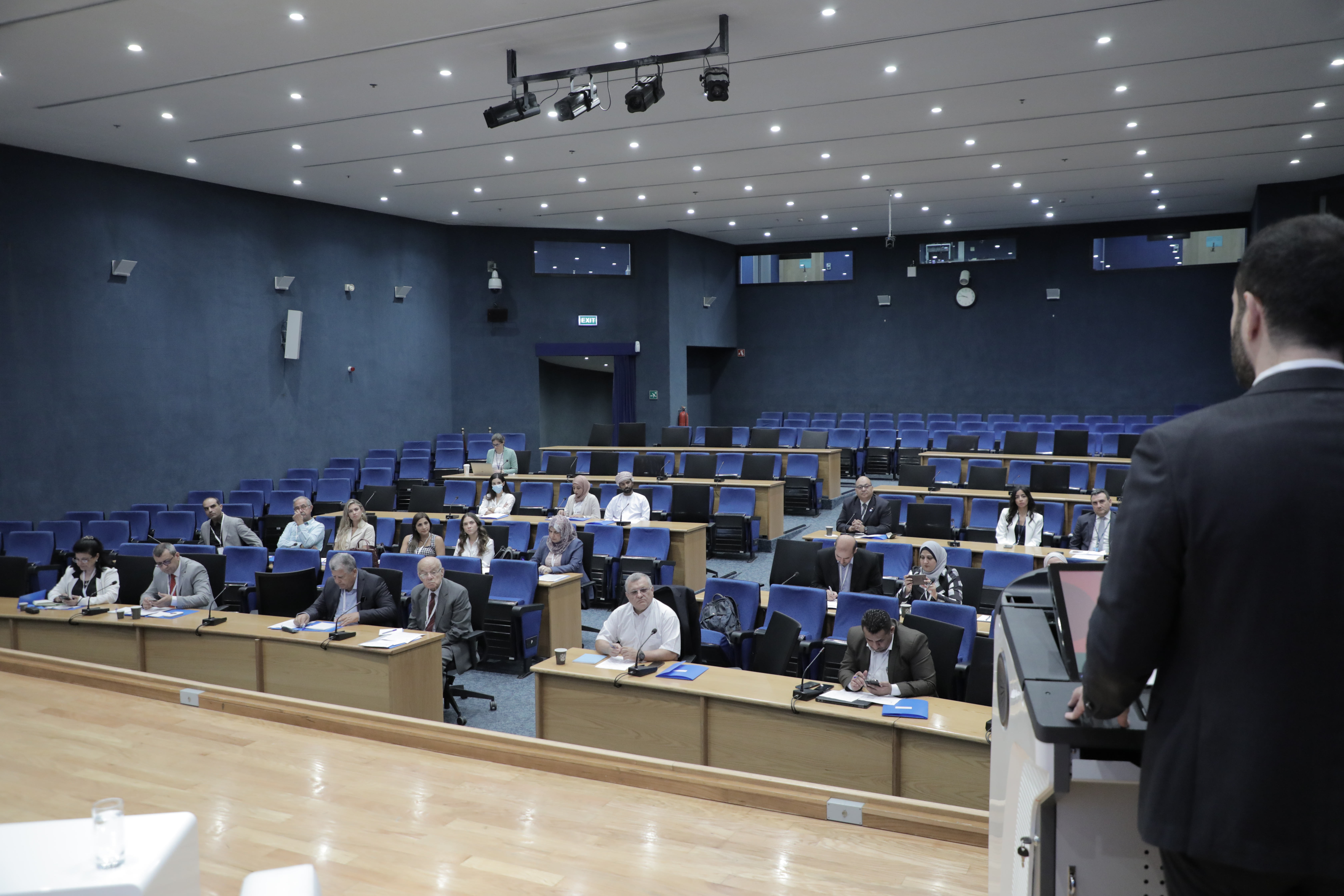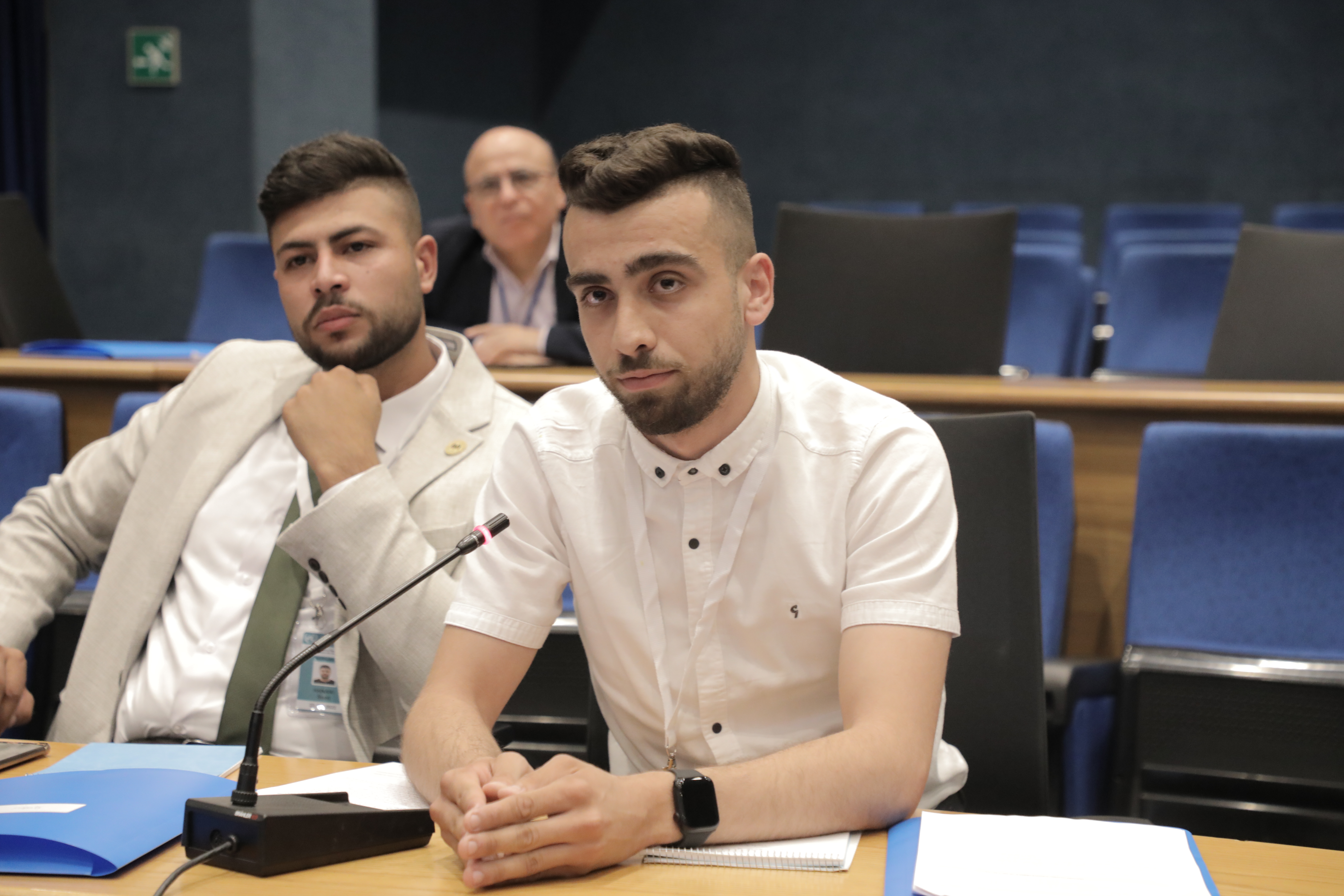ESCWA is organizing an expert group meeting to raise the awareness of young people in the Arab region on the impact of desertification and drought on their lives and future, and to highlight the roles they can play in tackling these challenges. The meeting discusses the processes needed to mobilize young people and foster their engagement in addressing desertification and drought at regional, national and subnational levels. The meeting is being led by experienced stakeholders from the public and private sectors, academia and civil society. Together with experts, young activists and entrepreneurs are sharing their insights and success stories. Networking between young people and experts is encouraged throughout the day.
A session of the meeting is dedicated to the 2022 Desertification and Drought Day (DDD), which falls annually on 17 June. The theme of this year’s DDD is “Rising up from drought together”. The event features the winners of a youth challenge on combating desertification and drought, which invited them to produce videos demonstrating solutions to desertification and drought in the Arab region. More information on this challenge and the shortlisted videos can be found through this link.
During this session, the speakers discussed the state of desertification and drought in the Arab region and the importance of Goal 15 of the Sustainable Development Goals, which is directly concerned with the issue of desertification and its relationship with the rest of the SDGs. Human factors that increase the severity of desertification and drought were also discussed, such as mismanagement of natural resources (soil and water), uncontrolled tourism, migration of farmers to the city and uncontrolled industrial activities.
The session focused on the impact of desertification and drought on young people and how for example the salinity and pollution of the soil, deprives families who depend on agriculture from their main source of income, which in turns affects the food security status of young people, their health, and their education opportunities.
Finally, the session discussed the urge to reform the prevailing concepts and beliefs that limit the participation of young women and the need to highlight the benefits of engaging them in environmental work.
